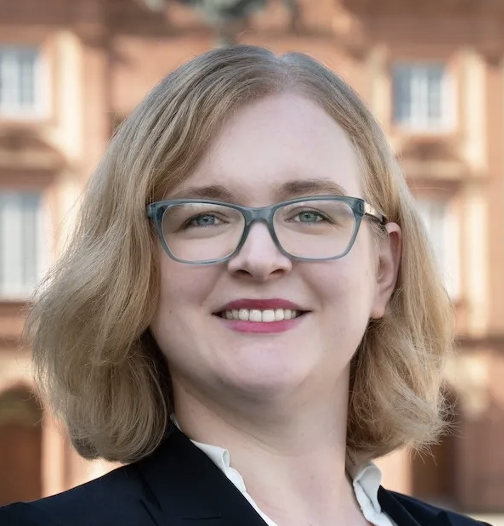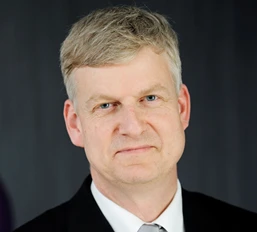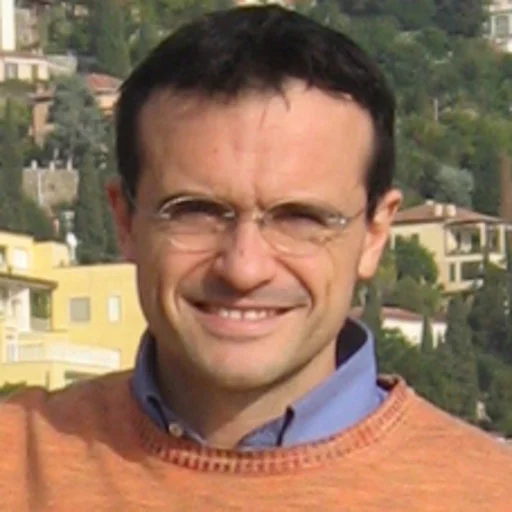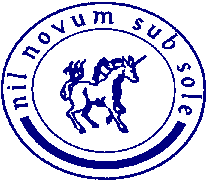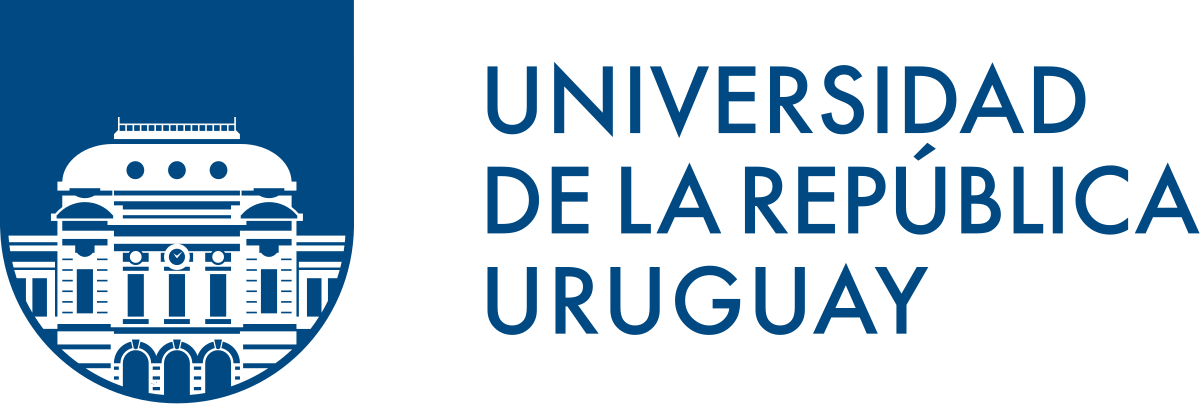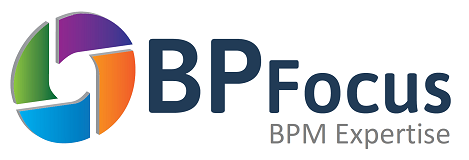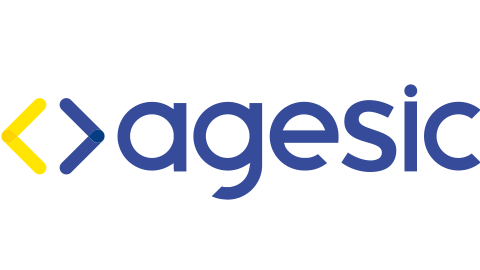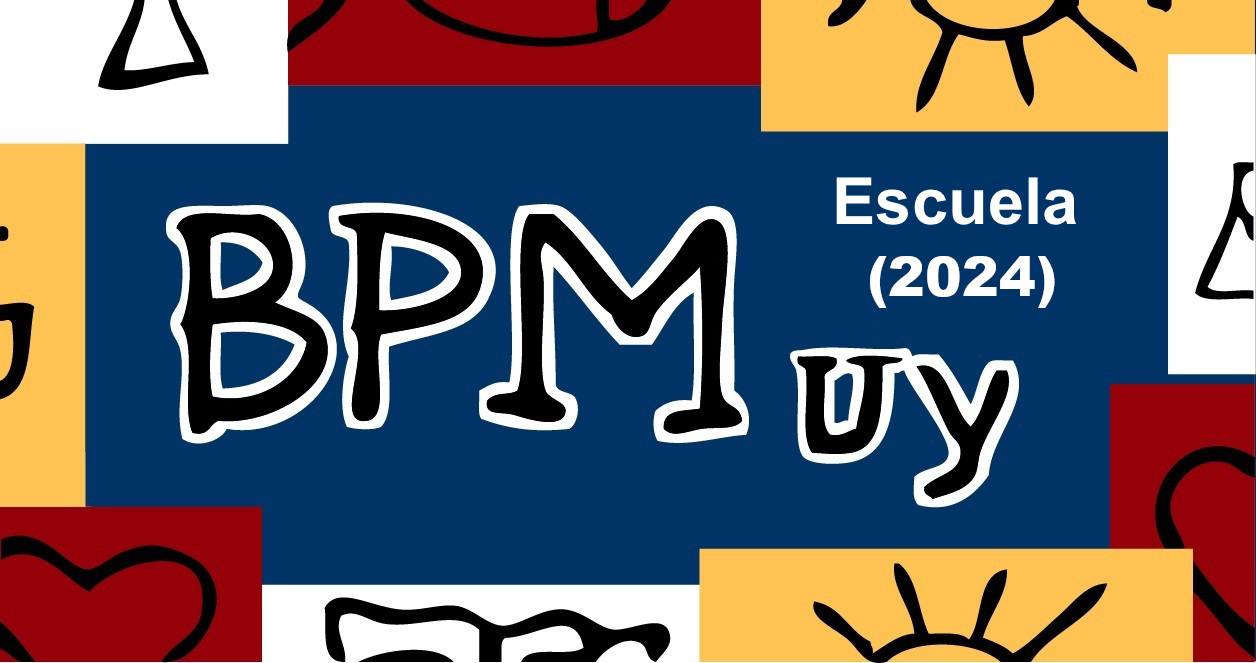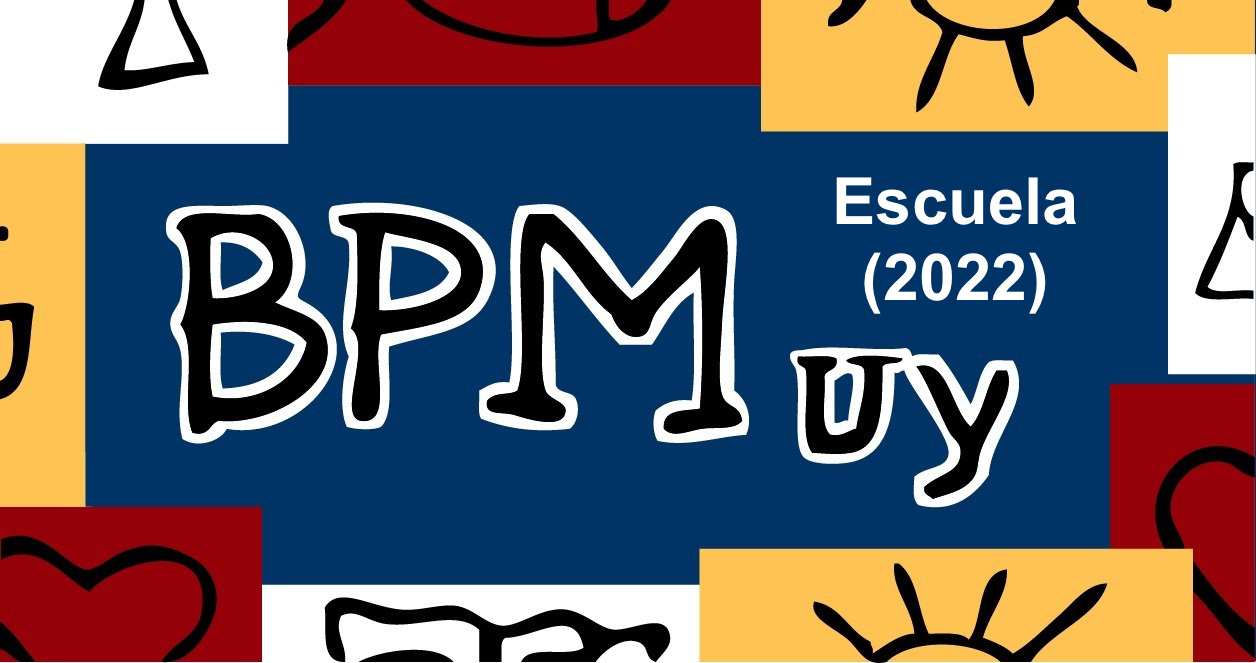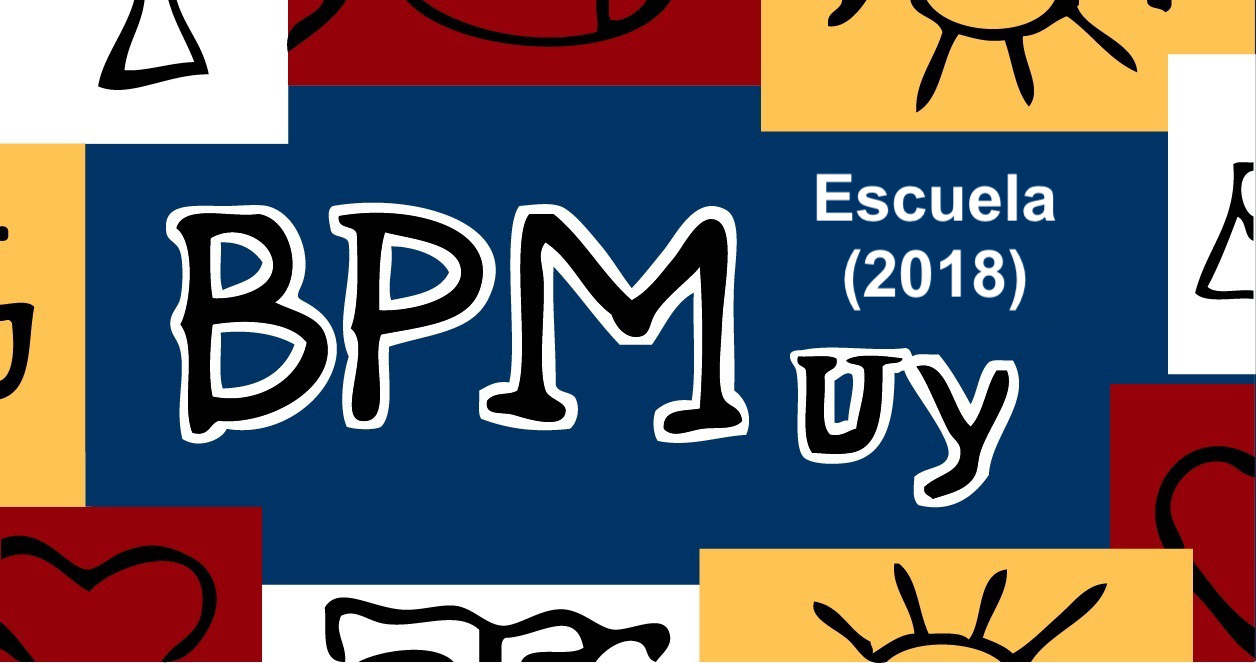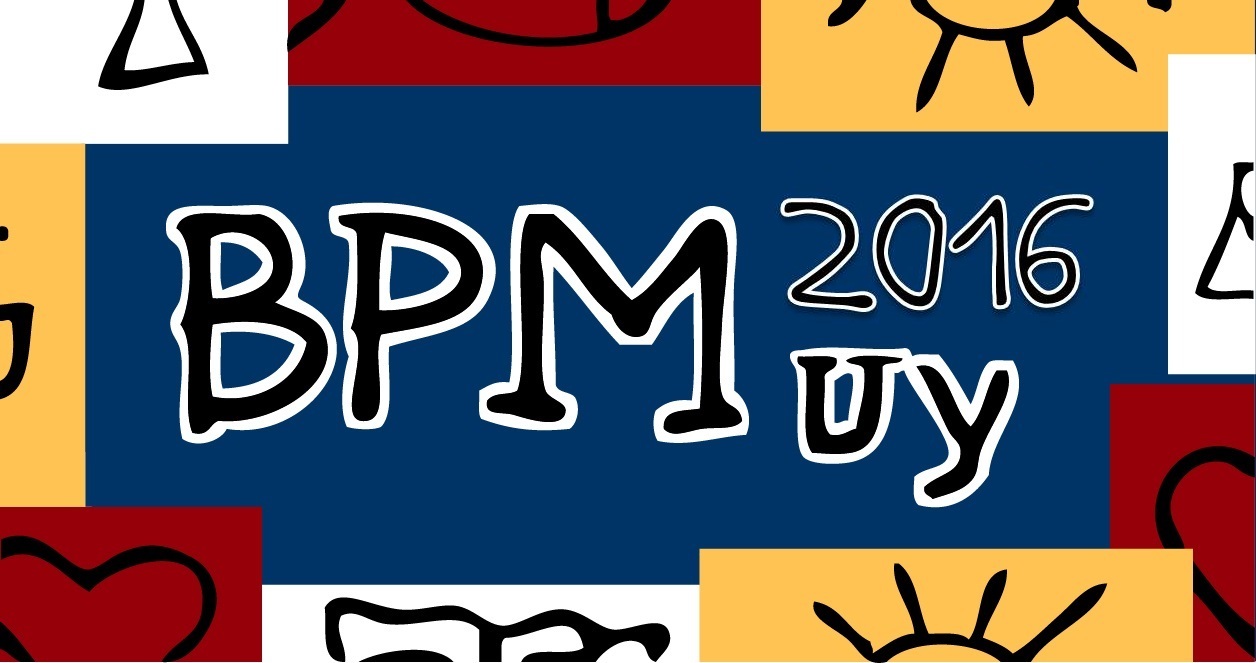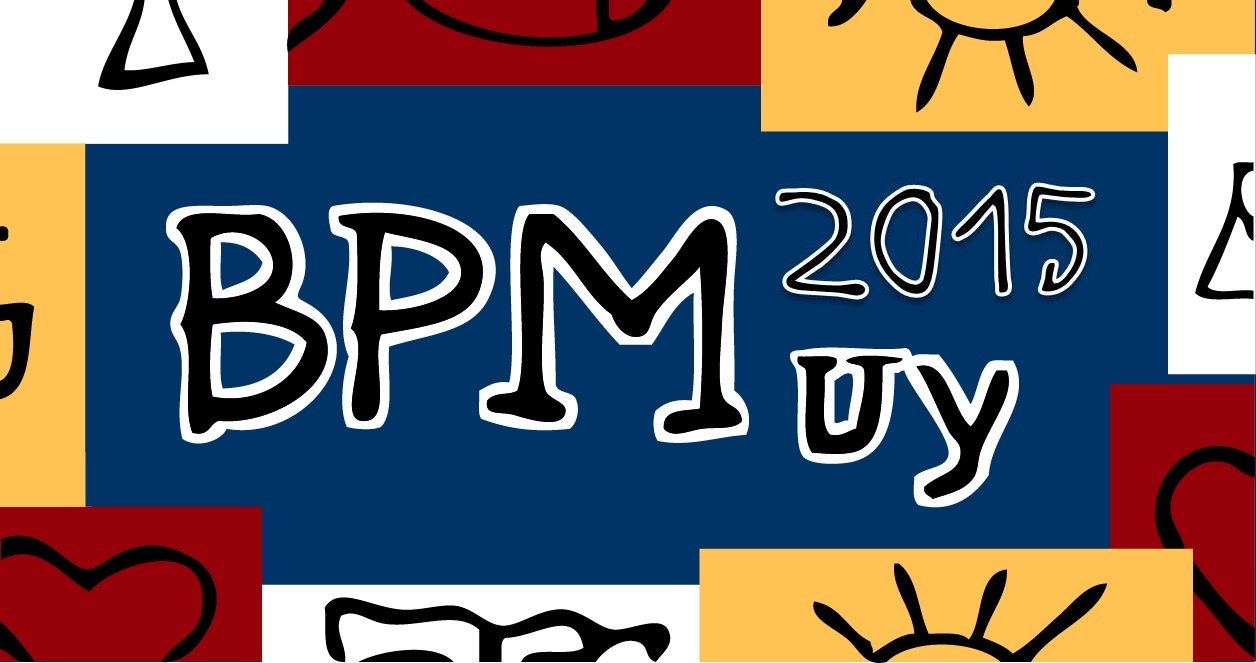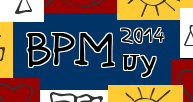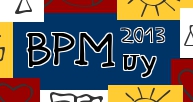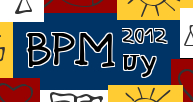Keynote speakers
The event will feature internationally renowned guest speakers in the areas of Business Process Management (BPM) and Process Mining, who will present the fundamentals and applications of topics such as Robotic Process Automation (RPA) and Agentic Automation (APA) in different domains, with Generative AI (GenIA), Process Intelligence, Process Mining, Simulation, and Collaborative Processes.
Friday 24th October
Friday 31st October
The local team has experience and has taught courses in the area of Process Mining and Business Process Management (BPM), and will present process mining applications for collaborative processes in e-Government.
Program
Friday 24th October
Main Auditorium, "José Luis Massera" Annex Building
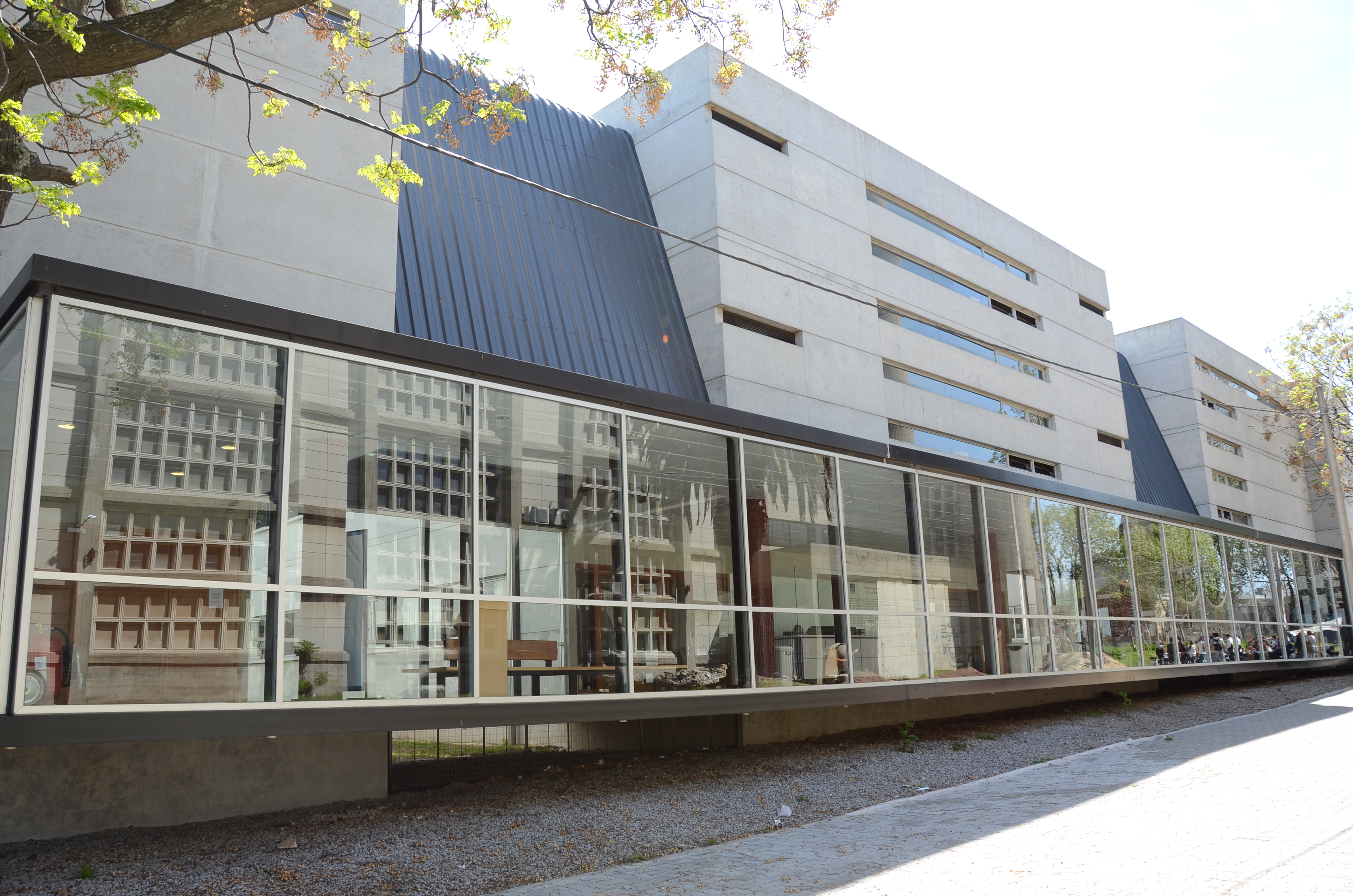
09:00 – 10:30 | Hajo Reijers
Strategic Approaches to RPA Lifecycle Management: From Process Discovery to Long-term Sustainability (IN ENGLISH)
See descriptionRPA offers organizations significant opportunities to reduce costs, improve accuracy, and free up employees for higher-value work, but realizing these benefits requires a strategic approach that goes beyond selecting automation tools. This presentation examines practical methods for maximizing RPA value from initial process analysis through ongoing maintenance. Many RPA projects fail to deliver expected returns because teams rely on outdated or incomplete process documentation that does not reflect how work gets done. New approaches use direct observation and monitoring to understand real processes, combined with systematic frameworks for deciding which tasks will deliver the greatest automation benefits. These methods also address a critical challenge that can undermine RPA success: keeping automation systems maintainable as organizations scale their efforts to capture more value. Rather than treating process discovery, task selection, and maintenance as separate problems, successful RPA programs integrate these activities into a cohesive management approach that maximizes return on investment. This integrated perspective helps organizations avoid common pitfalls that prevent RPA from delivering promised benefits, such as automating the wrong processes or creating systems that become too expensive to maintain. The presentation will demonstrate various methods work that help to improve RPA project success rates.
10:30 – 11:00 | Coffee break
11:00 – 12:30 | Jana-Rebecca Rehse
From Potential to Practice: What Large Language Models Can (and Cannot) Do for Business Process Management (IN ENGLISH)
See descriptionLarge Language Models (LLMs) have attracted considerable attention across a wide range of application domains, including Business Process Management (BPM). In this talk, we explore how LLMs can support established BPM tasks that have traditionally relied on specialized solutions, such as the automatic generation of process models from textual descriptions, and how they may enable new forms of automation for tasks that previously lacked effective solutions, such as the identification of undesired process behavior. While early results are promising, their application in BPM raises important questions related to reliability, interpretability, and domain specificity. The talk discusses current capabilities, highlights emerging use cases, and reflects on the limitations and open challenges that remain.
12:30 – 14:00 | Lunch (not included)
14:00 – 15:00 | Marlon Dumas
Inteligencia de Procesos como GPS de la Automatización: Del RPA al Futuro Agéntico (IN SPANISH)
See descriptionEn un contexto de disrupciones económicas, modelos laborales en evolución y avances acelerados en inteligencia artificial, las organizaciones buscan nuevas formas de adaptarse y mejorar continuamente. En esta charla, exploraremos cómo la inteligencia de procesos impulsa la mejora continua mediante un ciclo de gestión por procesos que abarca el descubrimiento, rediseño, simulación y monitoreo. Esta disciplina no solo permite detectar cuellos de botella, reducir desperdicios y asegurar el cumplimiento normativo, sino que también soporta el alineamiento estratégico de las iniciativas de automatización, ya sea basadas en RPA (Robotic Process Automation) o en APA (Agentic Process Automation). La presentación incluirá casos prácticos de múltiples industrias, manufactura, banca, seguros y servicios públicos, ilustrando cómo diversas organizaciones están utilizando la inteligencia de procesos para alinear los esfuerzos de automatización con resultados de negocio concretos.
15:00 – 16:00 | Jan Mendling
New Approaches to Process Mining for Effective Business Process Management (IN ENGLISH)
See descriptionThe effective design of business processes is difficult due to complexity and lack of transparency. Many organizations have started using process mining. Information systems supporting business processes store event data about what was done. Process mining techniques use this data for generating insights into business processes and their improvement potential. In our projects, we have developed various new approaches to provide better process mining insights. In this talk, I will present some of the underlying conceptual ideas and discuss their implications at an organizational level.
16:00 – 17:30 | Closing toast
Friday 31st October
Room 726, Main Building (7th floor)
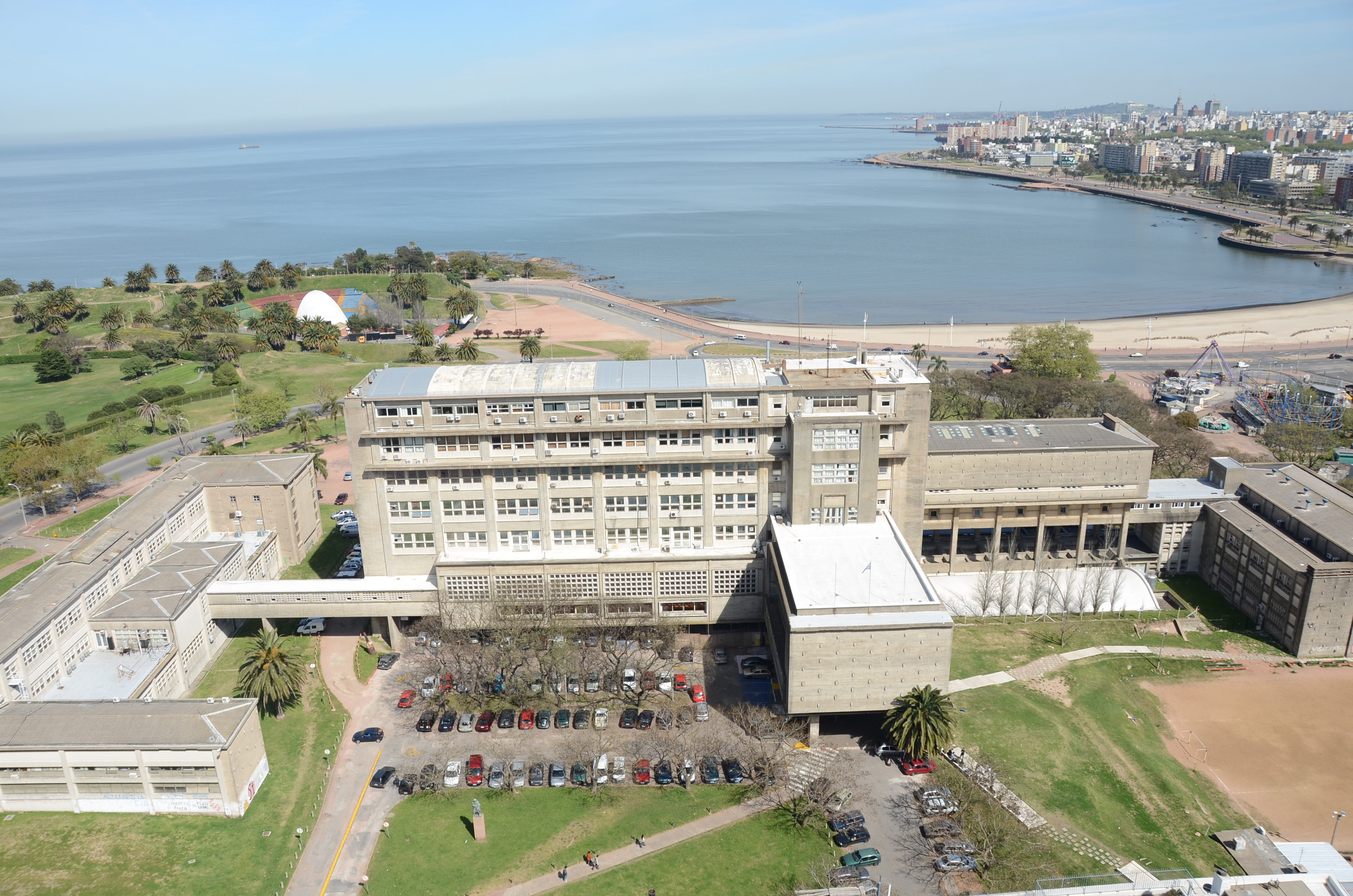
09:00 – 10:00 | Wil van der Aalst
Beyond the Buzz: Unleashing True Process Intelligence with Object-Centric Process Mining (VIRTUAL, IN ENGLISH)
Ver descripciónDespite the hype surrounding generative AI and large language models (LLMs), many organizations continue to struggle with broken processes, inefficiencies, and delays. Why? Because real operational improvements require more than chatbots and intelligent agents: they demand process understanding. In this talk, we demonstrates how Object-Centric Process Mining (OCPM) reveals the hidden dynamics of modern processes, including concurrency, complex object interactions, and fragmented workflows that traditional, case-centric approaches often overlook. OCPM offers a "3D MRI" of operational reality—moving beyond flat, isolated AI applications toward true process intelligence. Based on recent experiments, including the use of LLMs in BPM scenarios, this talk highlights where AI succeeds, where it fails, and why process transparency, not just prediction, is the fundamental enabler for truly innovative, responsive organizations.
10:00 – 11:00 | Emilio Sulis
AI for legal informatics. Extracting knowledge from structured and unstructured data for process mining (IN ENGLISH)
See descriptionThe recent advances in artificial intelligence (AI) are reshaping both research and practical applications in the field of legal informatics. Moreover, digital transformation in the legal and public administration sectors is generating vast amounts of complex data which includes structured records, semi-structured logs, and richly detailed unstructured texts (e.g. judgments, statutes, contracts). This presentation explores the opportunities and challenges of applying AI to the legal domain, from automating document analysis and supporting decision-making to ensuring transparency, fairness, and compliance with regulatory frameworks. Particular attention will be provided to the analysis of procedural aspects. While databases of administrative and legal procedures can be transformed into event logs, a significant portion of valuable information remains embedded in unstructured texts such as contracts, administrative acts, and court decisions. To address this gap, we present an approach that integrates process-oriented data science with natural language processing to extract structured information on entities and events. By enriching event logs we improve the application of process mining techniques. The results are promising to pave the way for improving legal and administrative decision-making.
11:00 – 11:30 | Coffee break
11:30 – 13:00 | Andrea Delgado, Daniel Calegari
Minería de procesos colaborativos interorganizacionales y su rol en la administración pública (EN ESPAÑOL)
Ver descripciónLos procesos de negocio colaborativos interorganizacionales implican interacciones entre participantes de diferentes organizaciones para alcanzar un objetivo común de forma colaborativa. Desde la perspectiva del modelado, existen dos perspectivas complementarias de interés: la coreografía, que se centra en el mensaje intercambiado entre los participantes, y la colaboración, que también describe la orquestación de las actividades de cada participante. Las técnicas tradicionales de descubrimiento de procesos no consideran a los participantes ni sus interacciones, ya que suelen centrarse en los procesos dentro de un único participante. El descubrimiento de procesos de negocio colaborativos interorganizacionales plantea numerosos desafíos debido a la dispersión de datos entre participantes con diversas infraestructuras y tecnologías. No obstante, son procesos de mucha importancia particularmente en la administración pública, en donde existen múltiples partes involucradas y la colaboración es esencial para brindar servicios eficientes y efectivos a los ciudadanos. En esta charla presentamos un enfoque para el descubrimiento de procesos de negocio colaborativos y el impacto que puede tener en la mejora de la administración pública.

